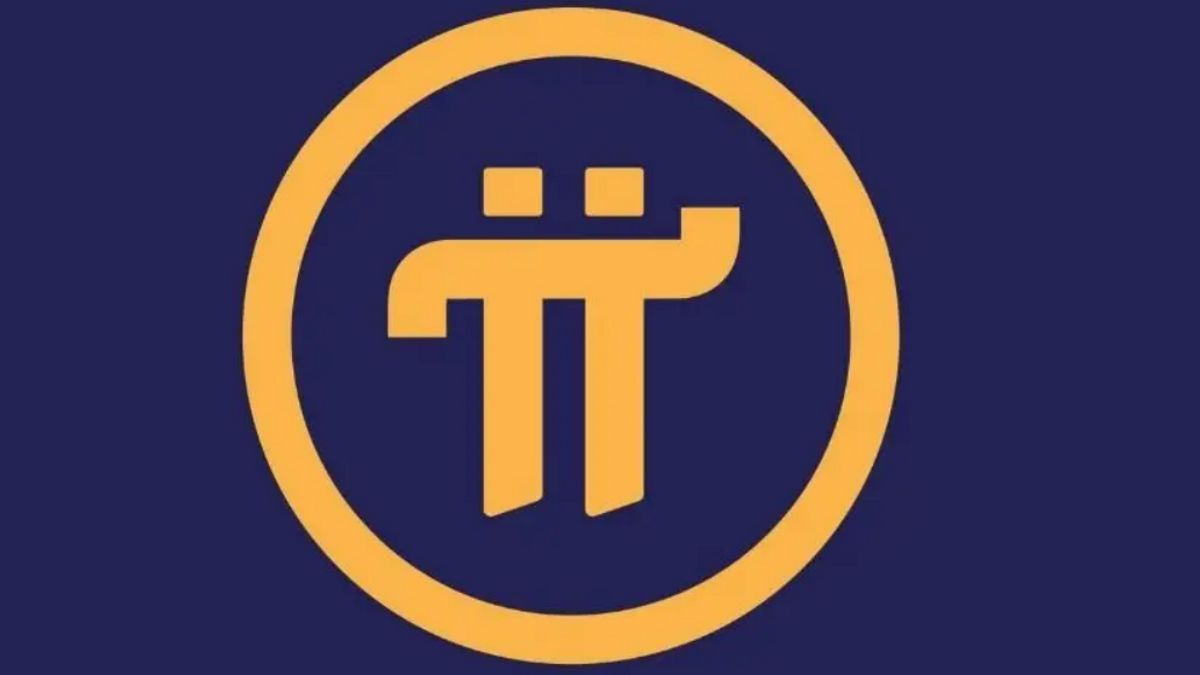Pi Network’s Exchange Listing Delayed Over Transparency Concerns
25.03.2025 21:00 2 min. read Kosta Gushterov
A crypto analyst has suggested that Pi Network’s failure to secure listings on major exchanges like Binance and Coinbase stems from a lack of transparency regarding its token supply management.
Dr. Altcoin, an analyst on X, claims that the Pi Core Team’s handling of coin locking and burning mechanisms remains unclear, potentially deterring top exchanges from listing the token. He argues that the team’s ability to adjust supply raises concerns about price manipulation, making major platforms hesitant to support the asset.
The analyst pointed out that Pi’s circulating supply recently dropped by 10 million to 6.77 billion coins, suggesting that the core team may be actively managing supply levels. In the past, unlocking large amounts of Pi tokens has led to panic selling, further fueling concerns about price stability.
Despite strong community demand—evidenced by Pi Network surpassing 4 million followers on social media and an 86% approval rate in a Binance poll—the token remains absent from major trading platforms. Binance has yet to act on the community’s request, leaving Pi supporters frustrated.
READ MORE:

Fidelity Files for Spot Solana ETF with SEC
Pi Network’s upcoming token unlocks may add to the uncertainty. In April, over 91.9 million Pi tokens worth approximately $83 million are set to be released, following a similar unlock of 188 million tokens in March. Studies indicate that such unlocks often result in price declines, heightening fears of market volatility.
Concerns over network centralization and governance transparency, particularly regarding SuperNodes, may further delay Pi’s acceptance on major exchanges. Some analysts believe that greater transparency from the Pi Core Team could improve its chances of securing listings in the future.
-
1
Ethereum Overtakes Bitcoin in Retail FOMO as Traders Shift Focus to Altcoins
17.07.2025 8:05 2 min. read -
2
Fartcoin Price Prediction: FARTCOIN Could Rise to $2.74 After Major Breakout
17.07.2025 16:01 3 min. read -
3
Binance to Launch 2 New Contracts with 50x Leverage: Everything You Need to Know
10.07.2025 12:00 2 min. read -
4
Standard Chartered Becomes First Global Bank to Launch Bitcoin and Ethereum Spot Trading
15.07.2025 11:00 1 min. read -
5
ProShares Ultra XRP ETF Gets Green Light from NYSE Arca
15.07.2025 19:00 2 min. read
XRP Eyes Next Target as Bullish Crossover Sparks 560% Surge
XRP is back in the spotlight after crypto analyst EGRAG CRYPTO highlighted a powerful historical pattern on the weekly timeframe—the bullish crossover of the 21 EMA and 55 SMA.
Top 5 Most Trending Cryptocurrencies Today: Zora, Pudgy Penguins, SUI and More
Crypto markets are buzzing with momentum as several altcoins post double-digit gains and surging volumes.
Sui Price Jumps 14% to $4.26 amid ETF Hopes
Sui (SUI) surged 14% in the past 24 hours, reaching $4.26 as bullish technical patterns, Bitcoin’s rebound, and renewed ETF speculation pushed the altcoin higher.
HBAR Mirrors 2021 Cycle as Key Breakout Test Approaches
Hedera Hashgraph (HBAR) is closely tracking its 2021 price behavior, according to crypto analyst Rekt Capital.
-
1
Ethereum Overtakes Bitcoin in Retail FOMO as Traders Shift Focus to Altcoins
17.07.2025 8:05 2 min. read -
2
Fartcoin Price Prediction: FARTCOIN Could Rise to $2.74 After Major Breakout
17.07.2025 16:01 3 min. read -
3
Binance to Launch 2 New Contracts with 50x Leverage: Everything You Need to Know
10.07.2025 12:00 2 min. read -
4
Standard Chartered Becomes First Global Bank to Launch Bitcoin and Ethereum Spot Trading
15.07.2025 11:00 1 min. read -
5
ProShares Ultra XRP ETF Gets Green Light from NYSE Arca
15.07.2025 19:00 2 min. read

